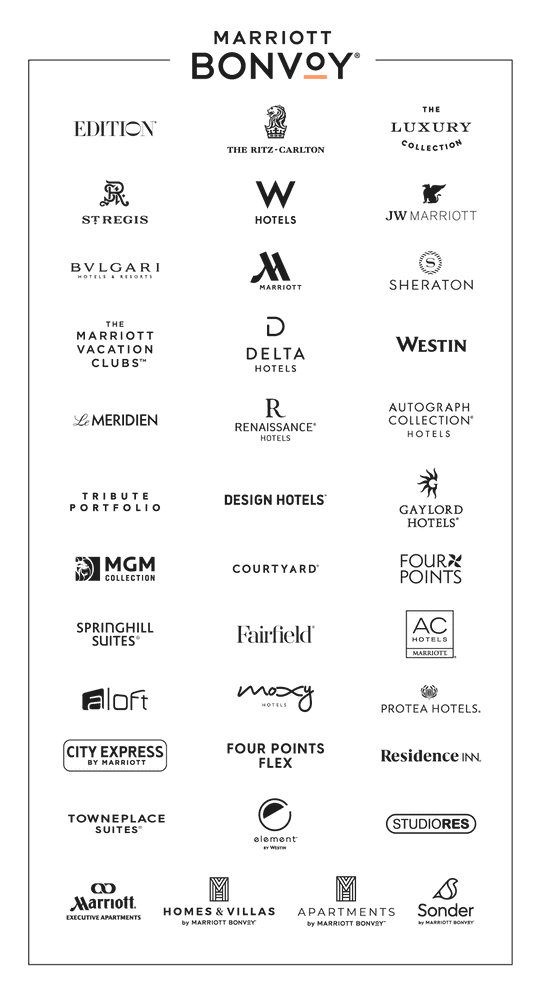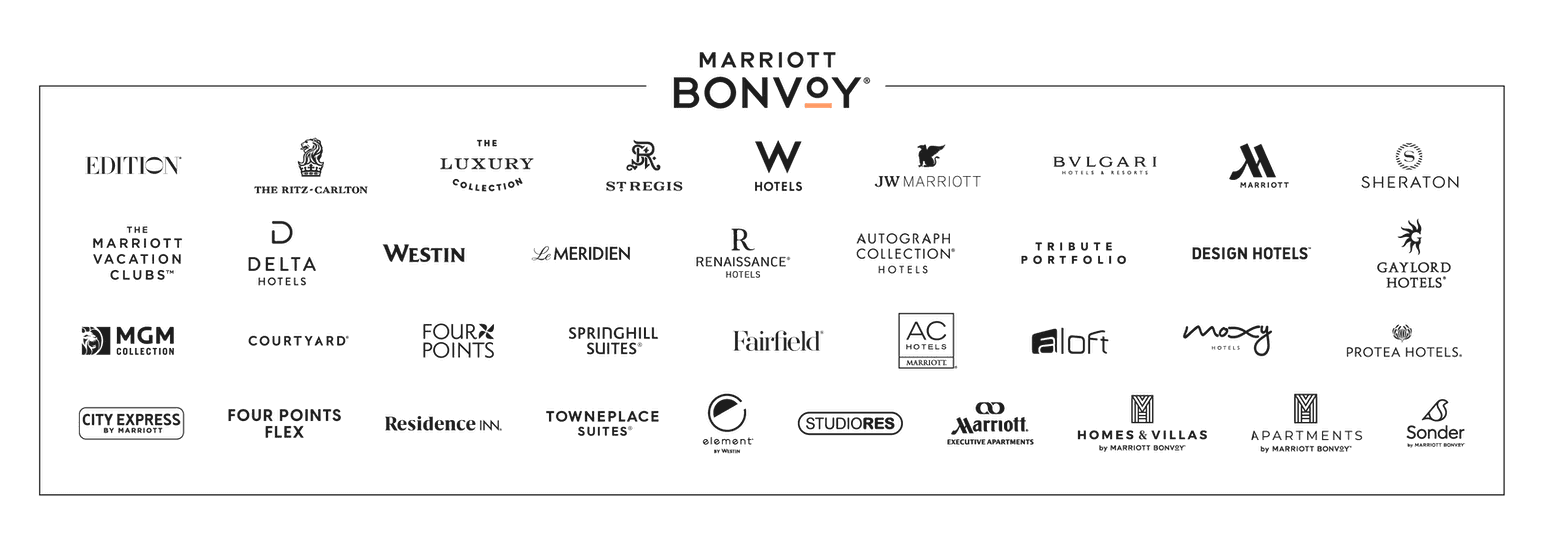The Form of Inclusion Your Events Might Be Missing
Here’s a riddle that the events industry is just now beginning to decode: How do you develop best practices for creating events that welcome people at all points on the neuroinclusive spectrum?
Until recently, the industry as a whole turned to experts: researchers, academics, and practitioners in the field of neuroinclusivity, which focuses on brain and cognitive functioning. Experts regard conditions such as autism, attention and sensory disorders, and Tourette syndrome as being neurodivergent, not as a disease to be “cured” to match the brain functioning of neurotypical people.
Looking to scientists and scholars is a start, but Megan Henshall, Google’s global events strategic solutions lead, is demonstrating how much more can be learned when we broaden the conversation.

Henshall was shown the importance of listening to neurodivergent people firsthand and letting their experiences inform how meeting planners design neuroinclusive spaces and content. Her son, Otis, was diagnosed with autism when he was 3 years old. In her efforts to be the best parent to and advocate for him, she turned to neurodivergent adults for input—and then recognized that philosophy should apply to her professional life as well.
“An Event Professional’s Guide to Neuroinclusion”: A Starting Point, Not an End Point
In conjunction with leading Google’s Experience Institute, a cross-functional community reimagining human-centered event design, Henshall’s efforts gave birth to The Neu Project. The collective’s goal is to collate and amplify approaches to making events more welcoming to neurodivergent people—and, eventually, to extend those methods to other types of workplaces and into the culture at large.
One of The Neu Project’s most tangible outputs: “An Event Professional’s Guide to Neuroinclusion,” downloadable as a PDF. The guide gives an overview of the philosophy of neuroinclusivity to root meeting planners in what it means, explaining how attendees’ experiences are shaped by their neural experiences.
From there, the guide gets into the nitty-gritty. It informs meeting planners on how to create more neuroinclusive events, covering policies, event design, food and beverage planning, inclusive language, and venue considerations. For example, it recommends reevaluating cancellation policies so that people—or, as the guide notes, neurodivergent people—don’t feel forced into participating if the symptoms of their condition make it difficult to attend.
What makes The Neu Project’s guide so distinct is the experts who informed its content—the people the guide is written about. As Henshall put it, “we are so fortunate to have an amazing community of neurodivergent people—leaders, speakers, educators, authors and activists—who are available to the events industry as resources. That’s what it’s all about, listening to them, leaning into their needs and experiences, and then using our discipline expertise as event professionals and leaders to figure out how to implement.”
The “neuverse,” as The Neu Project terms it, isn’t just about people whose experiences lie outside of the mainstream. (Though given that somewhere between 15% and 30% of the global population is neurodivergent, the “mainstream” isn’t necessarily neurotypical.) It’s about people who are neurotypical, too. Everyone is included in neuroinclusivity; that’s what makes it a critical dimension of diversity, equity, inclusion and social justice.
In other words, neuroinclusivity mimics the entire purpose of meetings: bringing people together to exchange ideas and learn from one another. Hosting a neuroinclusive meeting just makes that goal a little more clear—for everyone.






The following brands do not participate in Marriott Bonvoy™ Events: Design Hotels, Marriott Executive Apartments, Residence Inn, TownePlace Suites, StudioRes, Bulgari Hotels & Resorts, The St. Regis Residence Club, The Phoenician Residences, a Luxury Collection Residence Club, Scottsdale, The Ritz-Carlton Club, The Ritz-Carlton Yacht Collection, and Homes & Villas by Marriott Bonvoy. For a full list of participating and non-participating brands, please click here.